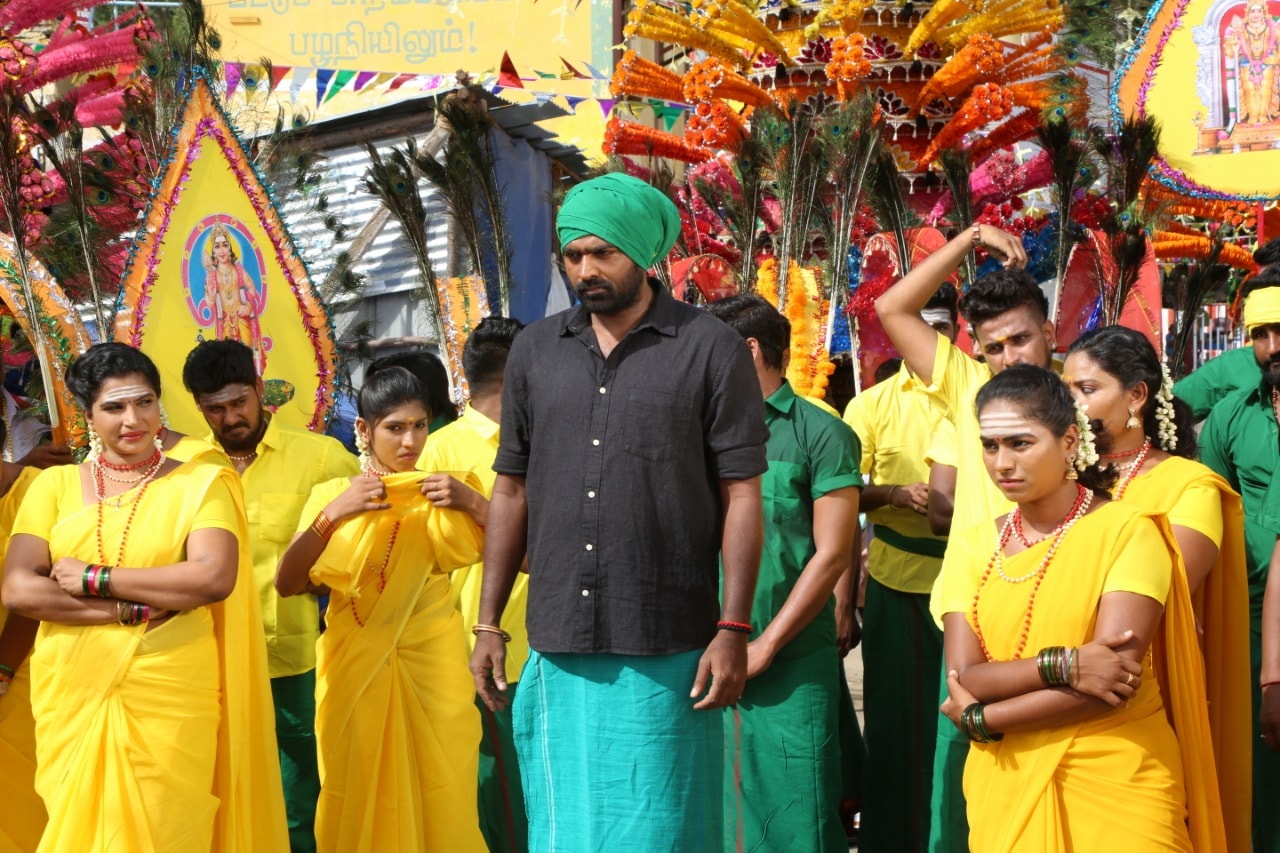

According to Robert Grant of the Ramakrishna Society, “all the other speakers that day were quite formal, the sort of ‘ladies and gentlemen’ approach. India has seen for millennia together, spiritual scholars like this who have tirelessly reiterated our oneness with the world. His words, “Yaadhum Oore Yaavarum Kelir” mean “I am a world citizen. In the face of this evidence, if anybody dreams of the exclusive survival of his own religion and the destruction of the others, I pity him from the bottom of my heart, and point out to him that upon the banner of every religion will soon be written, in spite of resistance: ‘Help and not fight,’ ‘Assimilation and not Destruction,’ ‘Harmony and Peace and not Dissension’.” The same spirit was envisaged by the Tamil poet, Kaniyan Pungundranar, more than 3,000 years ago. Swami Vivekananda stressed much in his address at the World Parliament of Religions on harmony and acceptance: “If the Parliament of Religions has shown anything to the world, it is this: It has proved to the world that holiness, purity and charity are not the exclusive possessions of any church in the world, and that every system has produced men and women of the most exalted character. But ultimately, whatever is to be, will be.

YAADHUM OORE YAAVARUM KELIR TAMIL ESSAY REGISTRATION
Swami Vivekananda was a lone monk representing no organisation, and even if he had been, the last date for registration had passed. On arrival, he learnt, to his dismay, that no delegate would be admitted to Parliament without proper credentials from a bonafide organisation. Money earned literally through appealing door to door, and donations from three South Indian kings (including Raja Muthuramalinga Sethupathy of Ramnad), enabled the great teacher to reach Chicago in July 1893. It is important to understand the circumstances in which Swami Vivekananda reached Chicago. This speech marked the advent of Western interest in Indian principles and ethos. “I am proud to belong to a religion which has taught the world both tolerance and universal acceptance,” he said. It is through this speech that he brought out the core values of India. The most remarkable aspect of the celebrated speech was that it was delivered extempore by Swami Vivekananda. If he merely crosses the platform, he is applauded,” exclaimed an editorial of the Boston Evening Transcript right after the World Parliament of Religions in Chicago, on 11 September 1893, a century and a quarter ago. “Vivekananda was a great favourite at the Parliament. Rare Book Society of India - Essay: Remembering Vivekananda’s Chicago Address: A Speech That Transformed Western View Of India By Sudarshan Ramabadran Published in Swarajya - SeptemWhat was most astounding about Swami Vivekananda was that he was proud to be a Hindu, yet at the same time, he had a universal appeal that transcended religions, rituals and ceremonies.


 0 kommentar(er)
0 kommentar(er)
